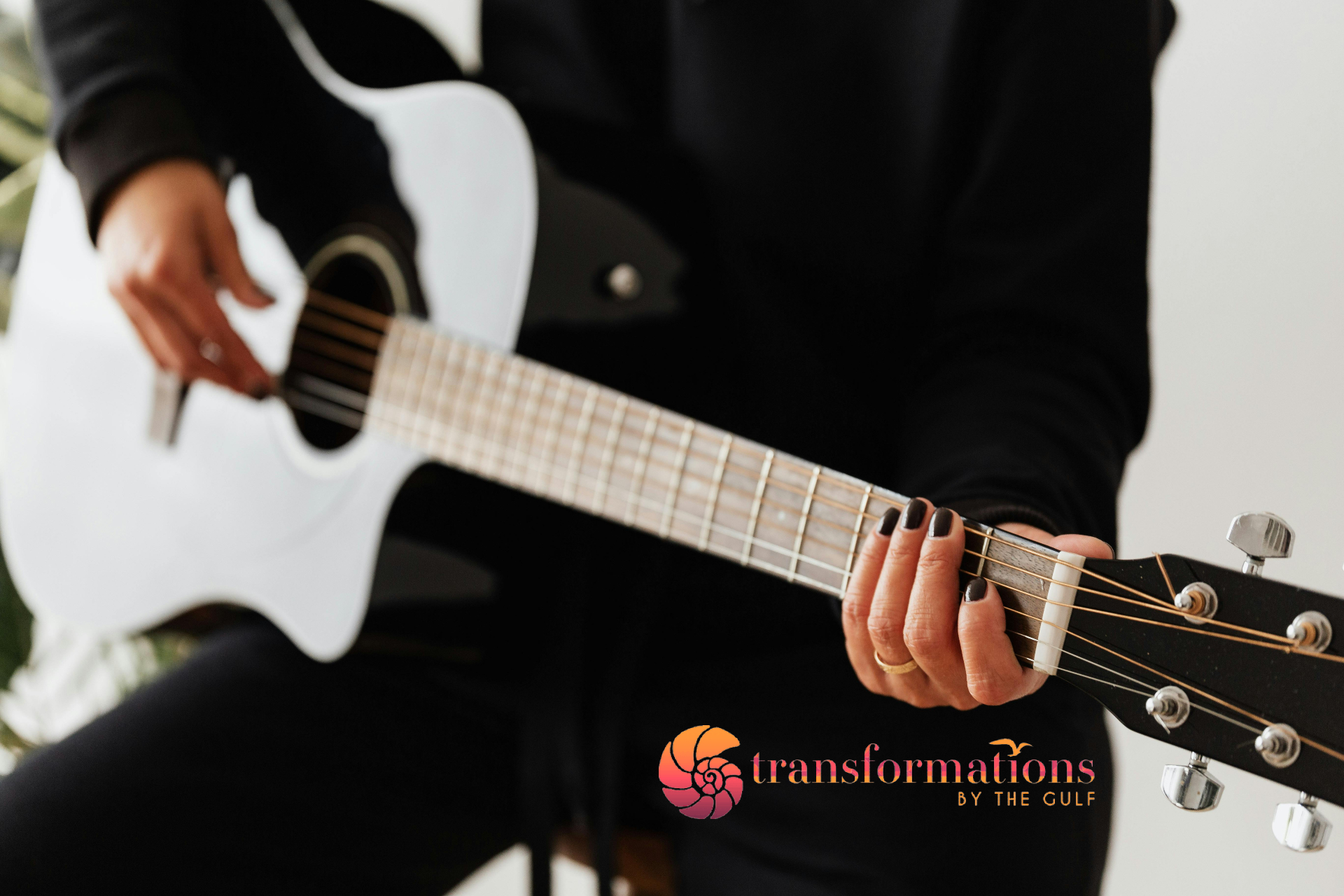Alcohol Shakes a Sign of Withdrawal
Alcohol Shakes a Sign of Withdrawal
Have you heard of alcohol shakes? Perhaps you've come across this term because you or a loved one is currently experiencing them and seeking answers. Alcohol shakes refer to the trembling and shaky hands that occur after abstaining from alcohol for a period. While they may be bothersome in mild cases, they can significantly disrupt daily life in more severe instances. Additionally, alcohol shakes can indicate a potential alcohol use disorder, a condition that affected over 4% of Floridians in 2019. You are not facing this challenge alone. Tranquil Shores is dedicated to reducing this statistic through a range of unique therapies tailored to individual needs. Despite each person's recovery journey being unique, individuals with alcohol use disorders can find common ground, even if it's simply through shared experiences of alcohol shakes. Today, let's delve deeper into this topic.
What Are Alcohol Shakes?
Alcohol shakes are often a symptom of alcohol withdrawal, but they may also occur following episodes of heavy drinking. They commonly manifest as trembling in the hands and fingers, potentially indicating an alcohol use disorder. While these tremors are typically mild, they have the potential to be severe and disrupt daily functioning. Alcohol-induced tremors commonly occur as a withdrawal symptom, although there is a slight possibility of them manifesting in conjunction with alcohol-induced brain damage and liver disease. Let's delve deeper into these connections. Alcohol shakes are an early sign of alcohol withdrawal. There are other alcohol withdrawal symptoms you should also look out for such as:
- Anxiety
- Fatigue
- Headache
- High Blood Pressure
- Nausea or vomiting
- Rapid heart rate
- Sweating
- Insomnia
If you have recently quit drinking alcohol after using it regularly, and you are now experiencing these symptoms, your alcohol shakes are probably a withdrawal symptom. The duration of these shakes will differ from one individual to another, but they are typically most severe within 48-72 hours.
How to get through alcohol shakes?
The most effective treatment for alcohol shakes is a medically supervised alcohol detox and therapy for alcohol use disorder. Home remedies or alternative tips are unlikely to address the underlying issue of alcohol use disorder and may only offer temporary relief from alcohol shakes. It is common for individuals to revert to alcohol use as a way to manage alcohol shakes and other withdrawal symptoms. Therefore, we strongly advocate for alcohol rehabilitation as the preferred option. If you are unable to seek treatment immediately, there are alternative methods to alleviate the discomfort of alcohol shakes without resorting to alcohol consumption.
Reach Out for More Information About Transformations by the Gulf
Our addiction treatment services include a variety of programs, designed to follow guests through the recovery process.
We offer residential treatment programs including residential inpatient program. Transformations by the Gulf treatment center also offers: a partial hospitalization program (PHP), an intensive outpatient program (IOP), an intensive outpatient program with community housing.
If you have any questions about our treatment options, please reach out to one of our addiction specialists at (727)498-6498 our team is available to speak with you 24/7. Because We Care.
Florida addiction recovery with music
Florida addiction recovery with music
Music therapy draws on the power of music in a therapeutic relationship to manage a range of conditions and improve your quality of life. A music therapist tailors sessions to your needs. You may sing or play instruments, listen to music or discuss the meaning of lyrics. You don’t need musical skills, and people of all ages can benefit.
Overview
What is Florida Music Therapy?
Music therapy is the use of music and/or elements of music (such as sound, harmony, and rhythm) to reduce stress or improve quality of life. A healthcare provider called a music therapist talks to you to learn more about your needs, music preferences and experiences, and designs each session specifically for you. They also evaluate your progress each step of the way and may work with your other healthcare providers to coordinate your care.
Music therapy experiences may include singing, playing instruments, writing music or simply listening. Some sessions may involve listening to music and talking about its meaning to you.
Healthcare providers use music as therapy in many different contexts. Music can certainly be a powerful tool for calming and healing. But the definition of clinical musical therapy states that a qualified music therapist must plan and lead the session in a therapeutic manor for it to qualify as this form of treatment.
Music therapy helps people of all ages and from all walks of life. It may benefit many different aspects of your overall well-being, including.
- Cognitive
- Emotional
- Mental
- Physical
- Social
What conditions can music therapy manage?
According to the Clevland Clinic Music therapists use this form of treatment to manage a vast range of conditions. It’s typically a complementary therapy. This means it’s part of a larger treatment plan that may include medications or other interventions. Research shows music therapy can offer benefits to people with:
- Dementia
- Traumatic brain injuries
- Stroke
- Parkinson’s disease
- Cancer
- Autism spectrum disorder
- Mood disorders
- Anxiety disorders
- Learning disabilities
- Developmental disabilities
- Pain (acute and chronic)
- Substance use disorders
Reach Out for More Information About Transformations by the Gulf
Our addiction treatment services include a variety of programs, designed to follow guests through the recovery process.
We offer residential treatment programs including residential inpatient program. Transformations by the Gulf treatment center also offers: a partial hospitalization program (PHP), an intensive outpatient program (IOP), an intensive outpatient program with community housing.
If you have any questions about our treatment options, please reach out to one of our addiction specialists at (727)498-6498 our team is available to speak with you 24/7. Because We Care.

